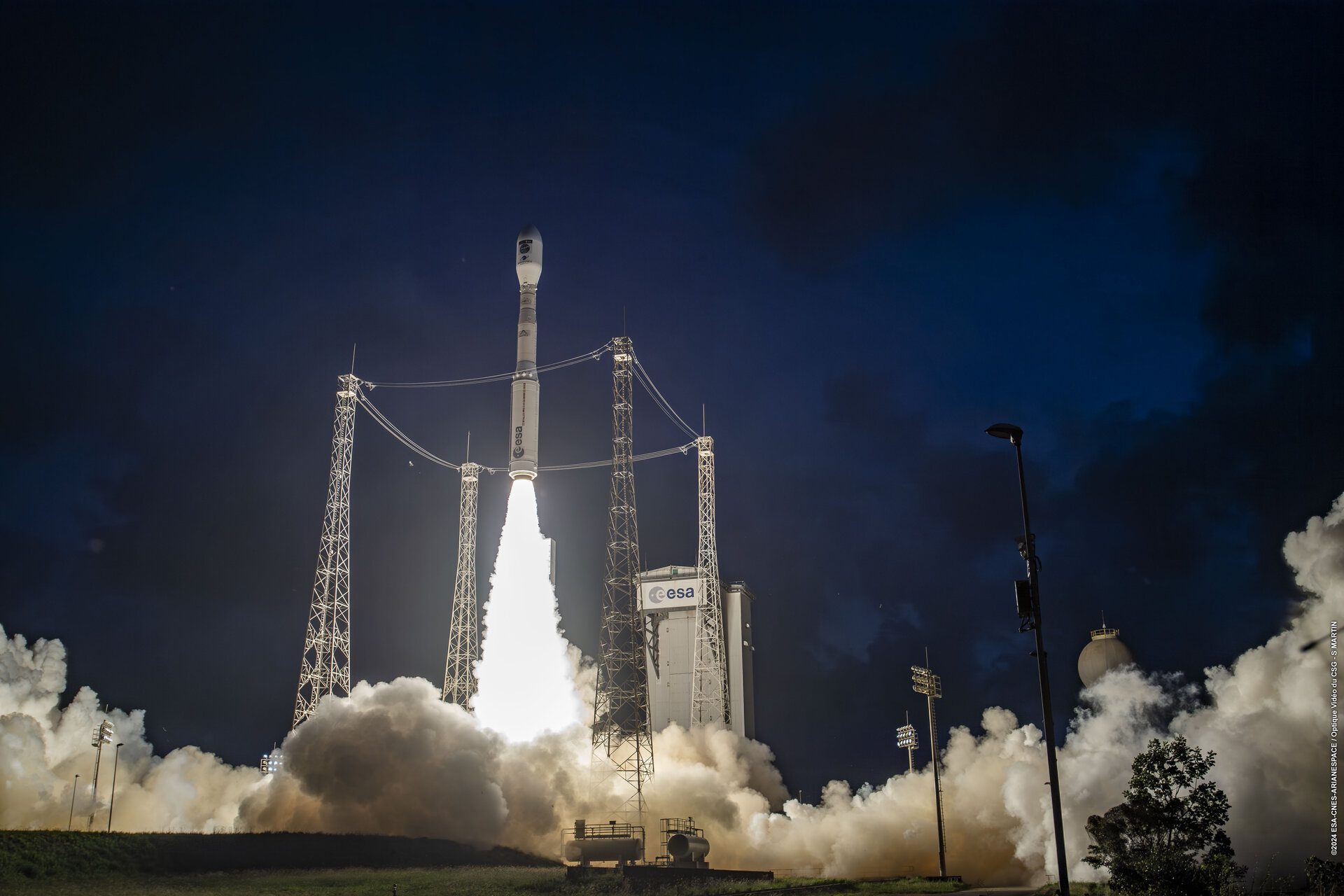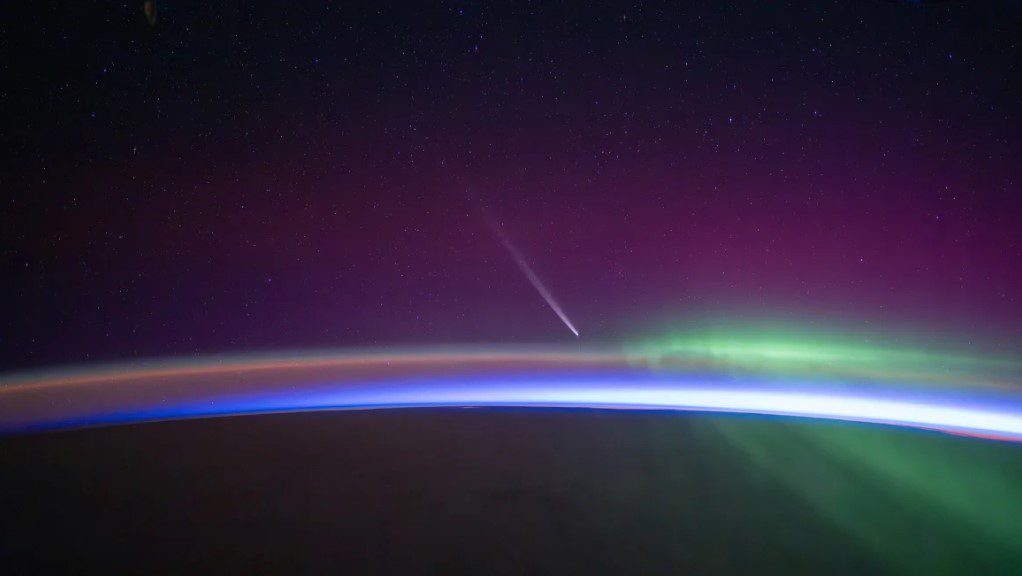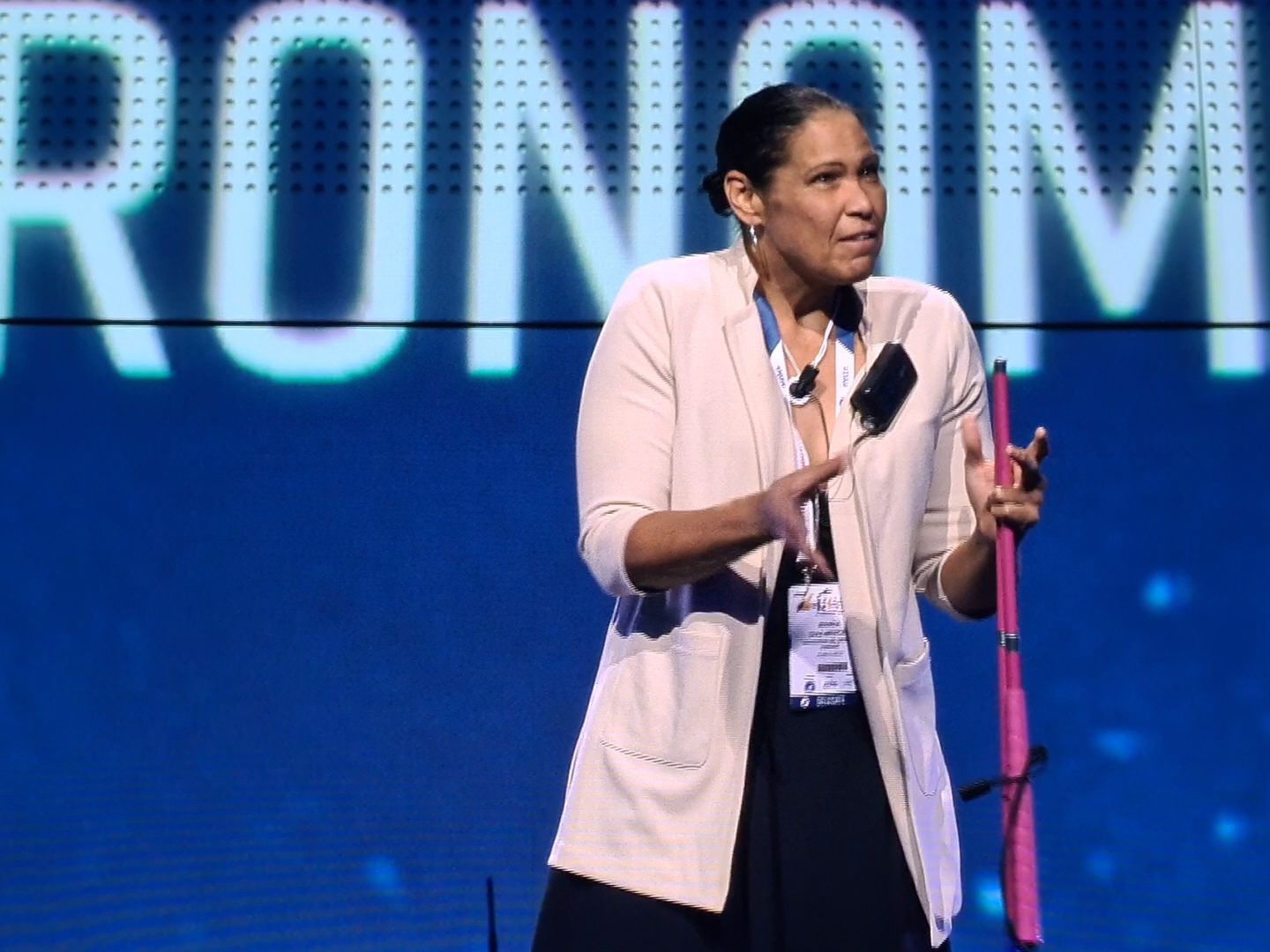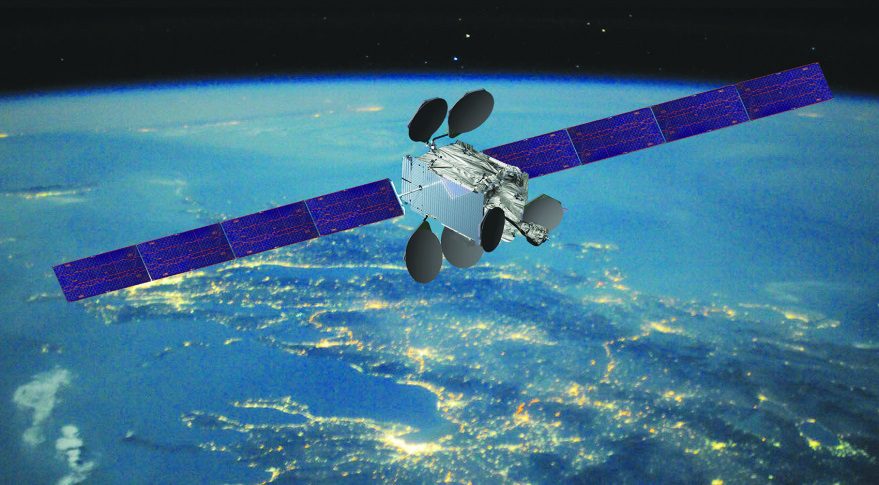The ground control-issue -delayed maiden flight of Japan’s new smaller launch vehicle, Epsilon, finally flew successfully at 0500 GMT on 14 September 2013 from the Uchinouora Space Center, Kagoshima, in Japan. The JAXA-designed three-stage solid-propellant rocket which replaced the more expensive M-V launch vehicle, successfully placed its Sprint-A astronomy satellite payload into orbit. The satellite is designed to make spectroscopic observations of the planets in other solar system.
Designed to be cheaper to operate than its predecessors, the new Epsilon launch vehicle makes extensive use of artificial intelligence to reduce the number of personnel needed to monitor a launch.
According to Asahi Shimbun, Epsilon project manager, Yasuhiro Morita, has admitted to have originally gone into space research after being insprired by the rocket ships and hypersonic jet craft protrayed in the Gerry Anderson produced puppet/science fiction television series, Thunderbirds, which was made in the UK in the mid-1960s. Several Western rocket designers have admitted to being similarly inspired as children.






